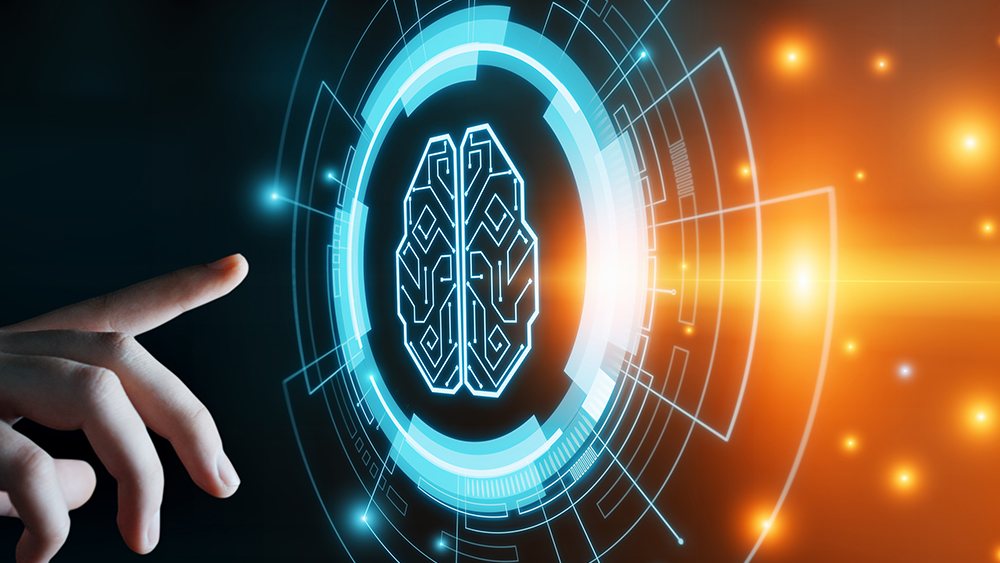
In today's digitally interconnected world, geolocation plays a pivotal role in how people navigate, interact with services and even stay safe. But while there may be benefits to a person's position being broadcast at all times, there are also some very serious downsides to it.
Simply put, geolocation is the process of identifying the exact geographical location of a device or person using technologies like WiFi positioning systems and Global Navigation Satellite Systems (GNSS). While these technologies offer immense benefits, they also come with significant risks and vulnerabilities, raising concerns about privacy and security.
Benefits of geolocation
Geolocation technology's introduction into wider society has fundamentally transformed how people navigate and interact with their surroundings. It facilitates finding the quickest route home, as well as other destinations and helps businesses streamline delivery operations – enhancing overall efficiency and convenience. Moreover, precise location data is crucial for emergency services – enabling rapid response times that can save lives in critical situations.
Indoor positioning systems, also referred to as indoor location tracking, are essential in large enclosed spaces, like hospitals, shopping malls and train stations. These systems allow for accurate location tracking via mobile devices, such as smartphones or tablets, improving navigation and operational efficiency within buildings.
For professionals working in isolated or high-risk environments, indoor geolocation is invaluable for ensuring safety. Real-time tracking of workers' positions can be vital during emergencies – enabling swift intervention when needed. In scenarios like fires or terrorist incidents in public places, indoor geolocation aids first responders in quickly pinpointing those in distress.
Outdoor geolocation services, powered by GNSS – such as Galileo in the European Union and GPS in the United States – have become ubiquitous. These satellite constellations transmit signals that enable GNSS-enabled receivers to determine precise location data, supporting a wide range of applications across different sectors and demonstrating its widespread use in modern technology and everyday life. (Related: SpaceX working with U.S. intelligence agency on massive satellite network that captures ultra-high-resolution videos of entire cities in real-time.)
Dangers, risks, threats and vulnerabilities of geolocation
Geolocation technology poses significant risks to user privacy and security. WiFi positioning systems that are used both outdoors and indoors collect extensive data that can be misused by unauthorized entities.
Integrating geolocation into critical safety systems introduces cybersecurity challenges. Cyberattacks could manipulate location data, jeopardizing the safety of responders and individuals in distress. Therefore, protecting indoor geolocation systems from cyber threats is crucial.
Examples of robust cybersecurity measures include implementing strong encryption protocols to secure location data in transit; employing multi-factor authentication to control access to sensitive information; and conducting regular penetration testing to identify and rectify vulnerabilities.
Indoor geolocation services are vulnerable to cyber threats like any other technology sector. Cybercriminals exploit software vulnerabilities and communication protocols to access real-time location data or stored information from these systems. Additionally, spoofing attacks deceive location signals, leading to navigation errors and potential safety risks for users.
Infrastructure devices integral to geolocation systems, such as beacons and gateways, can also be targeted for cyber exploitation. These components serve as entry points for remote attacks or unauthorized access via Bluetooth connections.
Securing these access points is essential to prevent breaches and protect sensitive data associated with indoor geolocation. For instance, configuring firewalls and intrusion detection systems can help monitor and block suspicious network activity.
The widespread adoption of geolocation raises concerns about the misuse of personal location data. Advertisers use this data for targeted advertising, while malicious actors may exploit it for surveillance or identity theft. Safeguarding sensitive information is paramount in indoor geolocation services, requiring robust security measures, like secure development practices, encryption, strong authentication and regular security audits.
To mitigate these risks effectively, individuals and organizations should prioritize securing WiFi networks with encrypted connections. Implementing stringent privacy settings on devices and apps helps limit location information shared with third parties. Moreover, raising awareness about cybersecurity threats and promoting best practices strengthens overall IT security, ensuring the safe and responsible use of geolocation technology.
Watch this video that talks about mobile devices' location tracking raising privacy concerns.
This video is from the Daily Videos channel on Brighteon.com.
More related stories:
Report: Border crossers are secretly receiving GPS coordinate points before entering Texas.
Sources include:
Please contact us for more information.



















